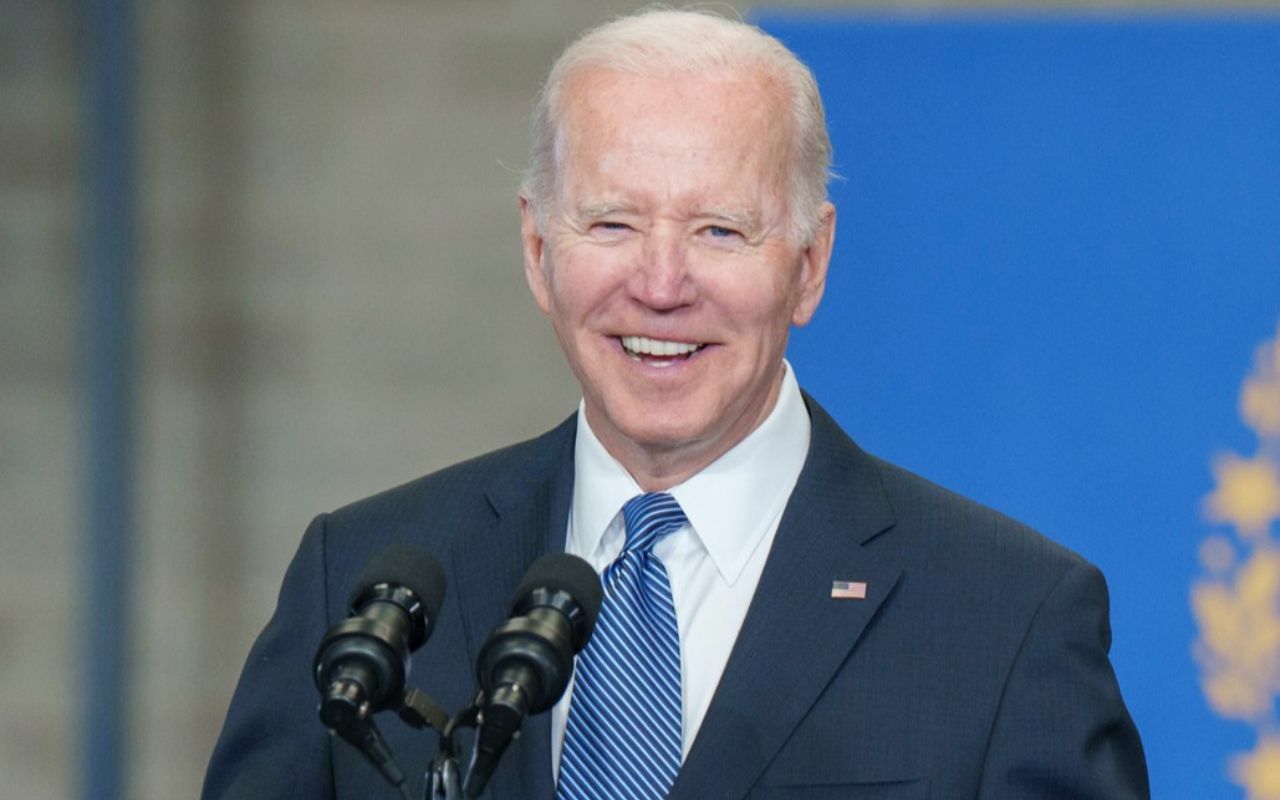White House reports progress in talks to avert US debt default

The White House has reported some progress in the ongoing discussions with Republican negotiators to prevent a catastrophic US debt default before the June 1 deadline. White House Press Secretary Karine Jean-Pierre stated that both sides must understand that they won’t get everything they want. The talks between US President Joe Biden and Republicans in Congress are set to continue, as they attempt to reach an agreement on raising or suspending the borrowing cap, known as the debt ceiling, to cover existing US spending commitments.
Republicans have so far refused to raise the debt ceiling without a commitment from Democrats to reduce spending next year and begin addressing the country’s US$31-trillion-plus debt. With only nine days remaining, House Speaker Kevin McCarthy emphasised that Republicans are the only ones in Washington who have taken action to lift the debt limit and avoid default.
President Biden doesn’t think there is a single dollar of savings to be found in the federal government’s budget.
He’d rather be the first president in history to default on the debt than to risk upsetting the radical socialists who are calling the shots for Democrats right now.
— Kevin McCarthy (@SpeakerMcCarthy) May 21, 2023
US Treasury Secretary Janet Yellen warns that the country could run out of money to pay for existing commitments as early as next week. Meanwhile, the nonpartisan Congressional Budget Office predicts the so-called “X-date” will arrive two weeks later.
Karine Jean-Pierre also dismissed the idea of a constitutional solution to the debt crisis, stating that it “is not going to fix the current problem we have right now”. Some legal scholars had argued that invoking the 14th Amendment to the Constitution would allow the US Treasury to simply ignore the debt limit and continue borrowing to meet its commitments.
Jean-Pierre also ruled out a short-term extension to the debt ceiling, stating that such a solution is “not on the table”. After three rounds of talks between Biden and McCarthy, the potential deal’s outline includes a debt-limit increase with reduced federal spending, reforms to streamline the approval process for energy projects, and a clawback of up to US$70 billion in unspent pandemic relief.
However, cutting spending next year to 2022 levels remains a “red line” for Republicans, and Democrats have not yet agreed to this. The Biden administration has proposed freezing current spending limits but wants the Pentagon to share in any budget cuts. This contradicts Republican objectives to increase military and border security spending. Biden also aims to achieve deficit reduction by raising taxes on corporations and the wealthy, which Republicans have ruled out.
Even if the two sides manage to bridge their significant differences, the timing will be tight to pass the required legislation through Congress before June 1. Negotiators will need to turn any agreement into legislative text, obtain an estimate of the final bottom line from the Congressional Budget Office, and allow 72 hours for lawmakers voting on the bill to read it first.
The Senate will then need to approve the legislation, which could add a week to the process, although Senate leaders have indicated they would expect to move faster on this occasion. As the US rapidly approaches the “X-date”, economists, political analysts, and the US Treasury are exploring options if the US runs out of money to pay its bills. Hitting the debt ceiling could cause financial markets to plummet and interest rates on mortgages to surge, even if the Treasury temporarily curbs government spending to prevent an outright default, reports Channel News Asia.
Latest Thailand News
Follow The Thaiger on Google News:


























